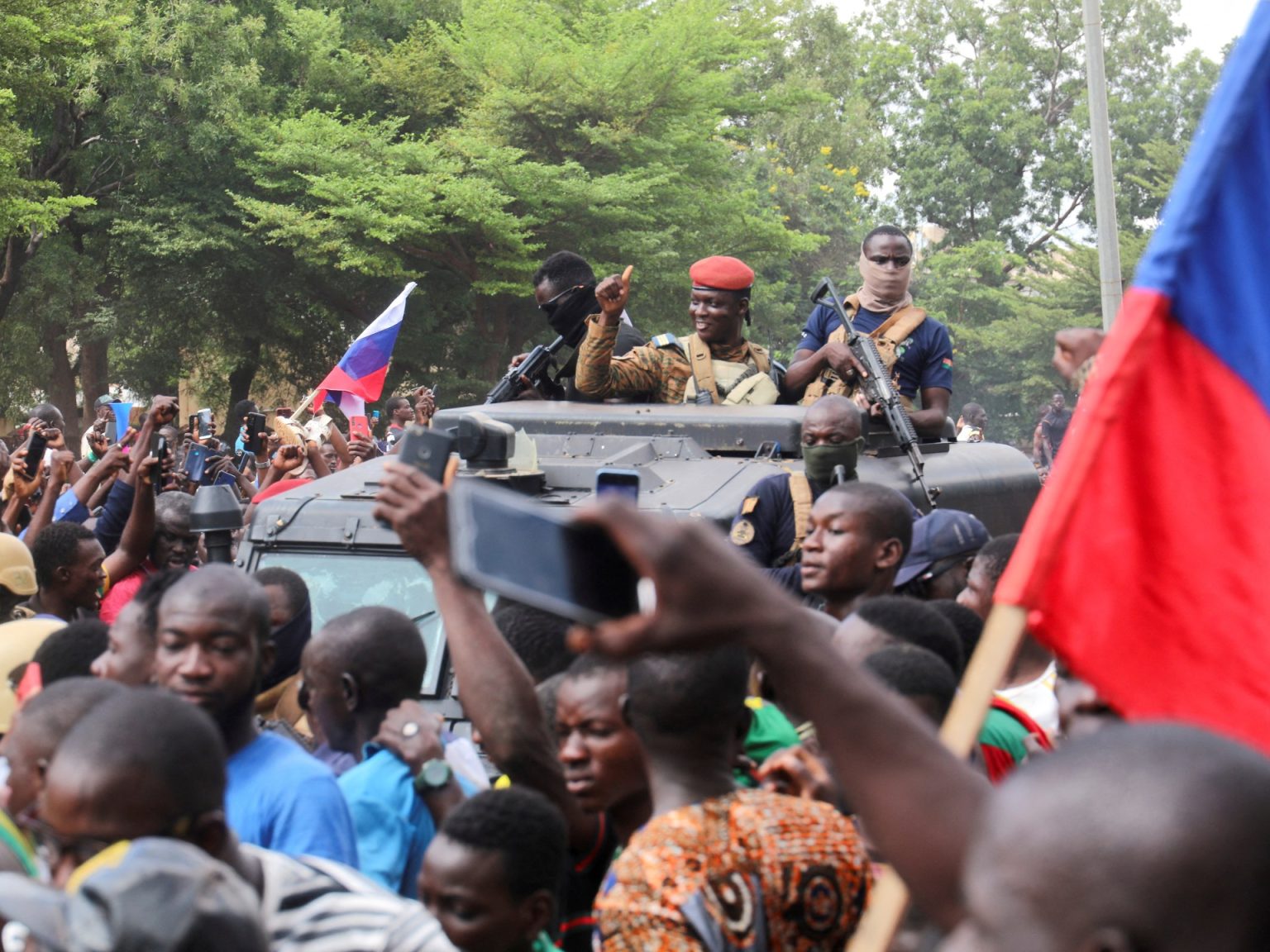Human Rights Watch released a report stating that military forces in Burkina Faso summarily executed 223 civilians, including children, in two villages in February. As a result, Burkina Faso’s Superior Council for Communication suspended the BBC and Voice of America radio networks from broadcasting for two weeks for their coverage of the report. The council claimed that the report contained biased and inflammatory statements against the army without proof, leading to potential public disorder.
The report by HRW suggested that the killings were part of a widespread military campaign against civilians accused of collaborating with armed groups. The soldiers were said to have killed at least 44 people in Nondin village and 179 people in Soro village, including many children. HRW conducted interviews with witnesses, examined videos and photographs, and located mass graves based on satellite imagery to support their findings. The suspension of internet access to the websites of BBC, VOA, and HRW in Burkina Faso further restricted information from reaching the public.
Burkina Faso’s communication spokeswoman warned other media networks against reporting on the story, while VOA confirmed its commitment to verify and continue covering events in the country. This incident is not the first time media outlets have faced restrictions in Burkina Faso, as French TV and radio networks were previously suspended and journalists have been expelled. The country is currently under military rule following a series of coups, with escalating violence between the army and extremist groups posing a threat to civilian lives.
The government’s decision to suspend international radio networks and restrict access to information from organizations like HRW raises concerns about freedom of expression and press freedoms in Burkina Faso. The military’s actions against civilians and reports of extrajudicial killings underscore the need for accountability and transparency in the country. International organizations and media outlets play a crucial role in exposing human rights violations and holding those responsible accountable, despite attempts to silence critical voices.
As the situation in Burkina Faso remains volatile and the security situation continues to deteriorate, it is essential for the international community to monitor developments and support efforts to protect civilians. The targeting of media outlets and restrictions on reporting by the government only serve to further exacerbate tensions and hinder efforts to address the root causes of violence in the country. By advocating for freedom of expression and press freedoms, stakeholders can work towards promoting transparency and accountability in Burkina Faso amid ongoing challenges related to governance and security.


